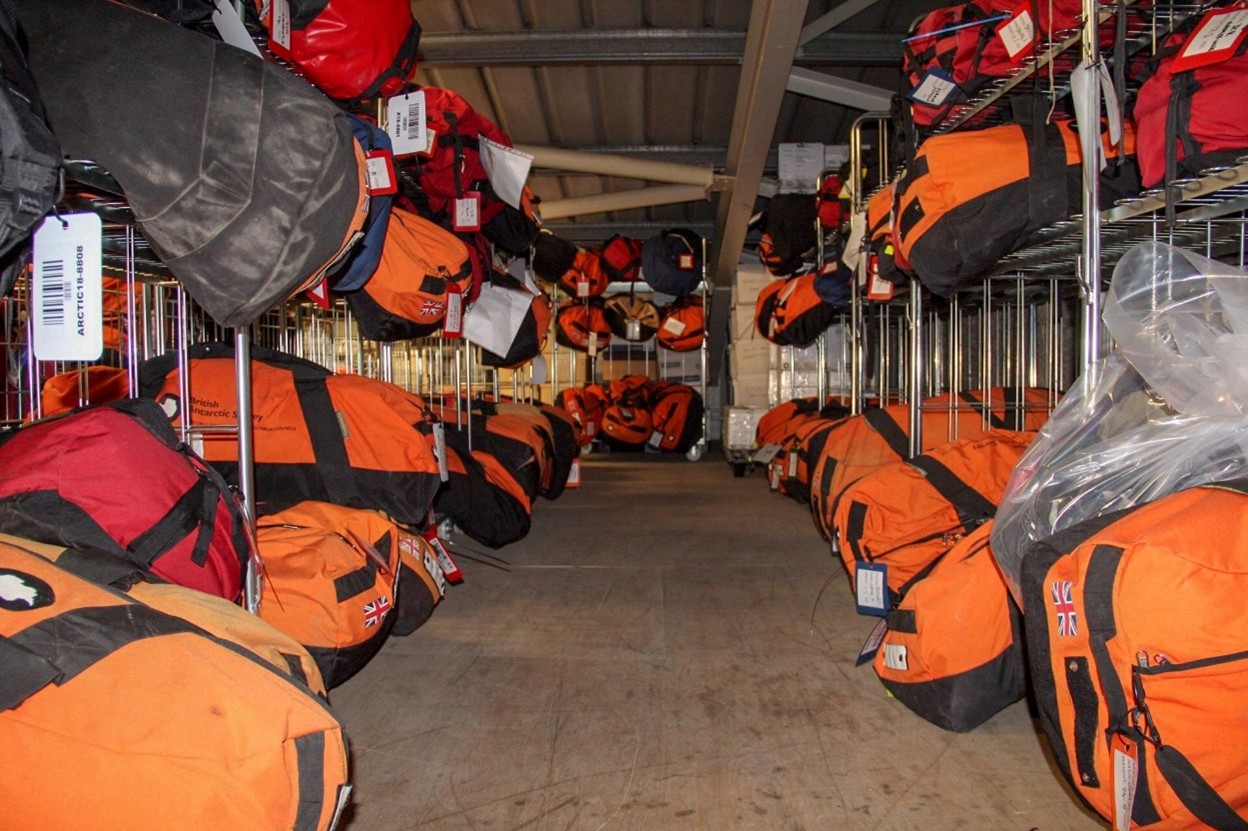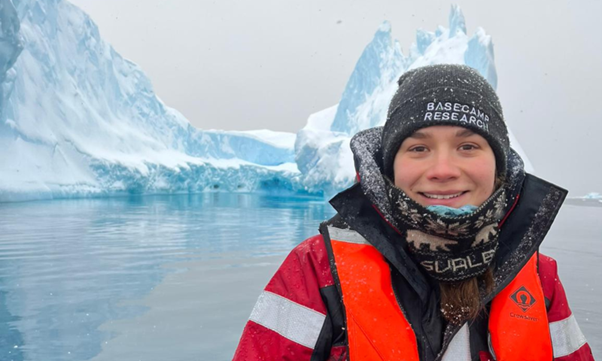The British Antarctic Survey (BAS) is pioneering inclusivity in one of the world's most challenging environments – the vast, icy expanse of Antarctica. Through pioneering work on polar hygiene and broader diversity, equity, and inclusion (DEI) initiatives, BAS is not only supporting its current workforce but also shaping a more diverse future for polar science.
Breaking the silence
For years, managing personal hygiene, particularly menstruation and toileting, in the extreme Antarctic environment was often a solitary and unspoken challenge, especially for women and non-binary individuals. "The traditionally male-dominated environment made it a taboo subject, leading individuals to manage it alone, often involving extra mental labour for women," explains Alice Irvine, BAS Clothing Store Coordinator.
Recognising this critical gap, BAS established the Polar Hygiene Working Group about a year ago to address the practical hygiene challenges faced by the BAS workforce in Antarctica. Motivated by research and insights, the group set out to provide practical solutions and foster open conversation. Aurelia Reichardt, Station Leader for Rothera Research Station, highlights that while 'fringe guidance existed, there was no centralised resource,' and the aim was to 'gather collective knowledge into a guidance document, aiming to reduce stigma and potential embarrassment when in the field.'

Practical solutions implemented
The working group has made significant positive changes, directly impacting the daily lives of staff in the field and on stations.
- Comprehensive hygiene guide consolidating field experience and recommendations
- Standard kit improvements including dignity products and waste management solutions
- Adapted clothing more suitable for female staff
- Mandatory 10-minute hygiene awareness training for all station personnel
The new hygiene guide will be made available to all new starters, on the BAS website, and shared widely with the polar community through networks like the UK Polar Network and the Diversity in Polar Science Initiative (DiPSi).
Overcoming challenges
While gaining organisational buy-in for these initiatives has been positive with lots of support, practical hurdles remain. Sourcing appropriate and niche products for the special Antarctic environment has been a challenge, and ensuring consistent provision distribution across staggered deployments needs ongoing effort.
A key challenge is getting comprehensive feedback from staff. A survey within the Antarctic Deployment Pool saw a 40% response rate. There's now a drive to improve participation to capture more nuanced insights and address individual experiences.

Recruitment and retention
The polar hygiene work is part of a wider commitment to equity and inclusion at BAS. Addressing these fundamental needs is crucial for attraction, retention, and progression. Challenges persist in retaining diverse talent. The long-term vision for equity and inclusion at BAS is a continuous journey. As Aurelia Reichardt explains, the evolving nature of polar research, incorporating new technologies necessitates a diverse pool of talent.
This commitment, from practical hygiene support to a culture of openness and a focus on diverse talent, ensures that BAS is not only at the forefront of scientific discovery but also an inclusive and supportive employer in one of the world's most challenging environments.
As Nicole Logan-Park eloquently states, "if something as basic as hygiene for women is not considered when you're actually sending women south, then why would you want to stay?" Addressing these fundamental needs is crucial for attraction, retention, and progression of women within BAS.

Interested in contributing to cutting-edge science in a supportive and inclusive environment?






